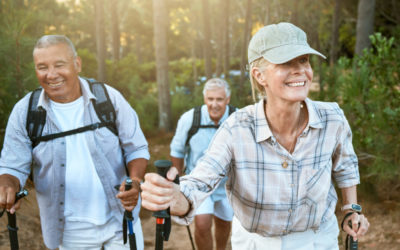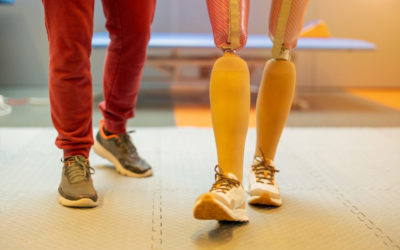
Wouldn’t it be great if we could learn things with no effort?
Well, actually we often do, and children learn vast quantities of information, and knowledge with little to no effort – think of how well we learn languages which become fiendishly difficult to learn as adults.
This is something that researchers at Ohio State University wanted to explore further. Just how much does simple exposure trigger learning.
What did they find?
Well, the good news, is they found that simple exposure seems to prime the brain for learning. In a series of experiments they conducted they saw that when exposed to different creatures, without any need to learn anything, the participants could learn the categories of these creatures much quicker when given an explicit learning task. Much quicker than if they had had no exposure.
This may sound a bit obvious, but it is not. It shows that simple exposure triggers mild learning responses and primes the brain to be ready for learning. Additional experiments showed that the exposure itself had not triggered learning because of failure to categorise these creatures at an earlier stage. It was only when active learning was stimulated that those who had had previous exposure performed much better.
All in that’s great news – simple exposure helps with learning and something we can certainly use as parents, teachers, and in business. Admittedly it is not learning with no effort, but at least learning with less effort.

Andy Habermacher
Andy is author of leading brains Review, Neuroleadership, and multiple other books. He has been intensively involved in writing and research into neuroleadership and is considered one of Europe’s leading experts. He is also a well-known public speaker speaking on the brain and human behaviour.
Andy is also a masters athlete (middle distance running) and competes regularly at international competitions (and holds a few national records in his age category).
Reference
Layla Unger, Vladimir M. Sloutsky.
Ready to Learn: Incidental Exposure Fosters Category Learning.
Psychological Science, 2022; 095679762110614
DOI: 10.1177/09567976211061470
More Quick Hits
The Seven Habits to Reduce Dementia
We would all like to age well remaining cognitively active into older and old age. I have reported multiple times…
Mind Over Matter – Regaining Movement
This is the type of study and insight I like. Kind of amazingly simple but effective
Do We Lose Brain or Muscles First?
As we age things start to decline, we all know that – happens to the best of us…
Cravings for Fatty Food and the Gut-Brain Connection
Research hot off the presses is showing something interesting happening with our desire for fatty food….
How to Form Optimal Groups for Learning
There has been a long-standing debate and discussion in learning contexts for what is the best way to form groups for optimal learning when there are different abilities in those groups…
Extreme Temperatures Increase Hate Speech Online
I am sure we all know that feeling of getting more irritable when temperatures rise – well we now have evidence that…






